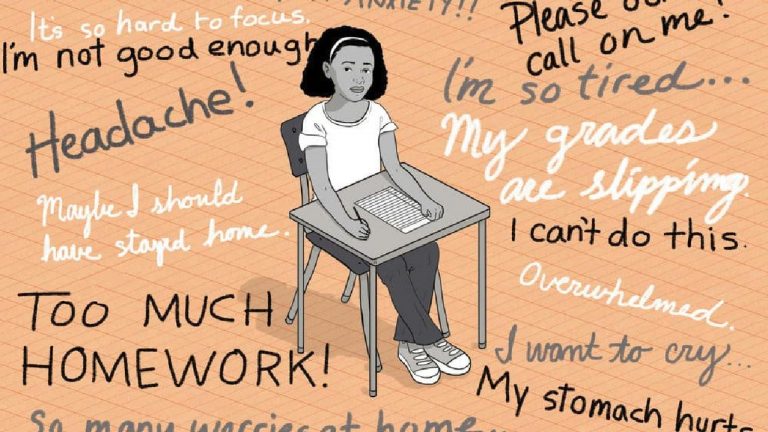Katie shares her personal experience about starting university whilst facing mental health problems including anxiety and depression. Through accessing some of the support services available, Katie has been able to thrive whilst at Warwick. Read about her journey here...
When I first contemplated returning to study after a long break, it was at a time when looking after my mental health and wellbeing was a priority. I had recently had a big relapse in my anxiety disorder and was struggling with depression as a result. I really wanted to undertake the MA in Writing at Warwick as part of my action plan to recovering.
As I have written about before, I opted for the part-time route to help manage my anxiety around deadlines and workload for the year, and ensure I had a good work life balance for the duration of the course. On top of that, I was very open about my mental ill health during the first few weeks of term.
When I registered, I ticked the box that labelled me as a disabled student and wrote some information about my experiences. This was helpful as it identified me to be sent information about the University’s wellbeing services. I was open with my personal tutor at our first meeting, and he was able to signpost me to the university’s policy on managing deadlines and extenuating circumstances, should I need it. This helped me to feel less anxious in general when undertaking assessments as I knew that if my anxiety or depression was affecting my ability to write, then I could do something about it.
I was then contacted by the wellbeing team, who told me about the role of mental health coordinators in the wellbeing services team, and the vast range of support information available on the University’s website, plus about additional services (all free to students) such as workshops and counselling.
I was offered a coordinator who could be a non-academic go-to person if I needed advice on managing a situation or accessing support. We had an initial meeting via Skype and she asked me questions about myself and the kinds of situations that might come up at university and ways to deal with them. One potential problem I was worried about was attending class on an “off day”. I didn’t want to miss out on any of my classes but I knew that occasionally I don’t feel well enough to be sociable or even communicate with people. We developed a strategy on how to manage that, and she talked me through how to raise it with my personal tutor. My personal tutor has also been a huge help as he was already aware of the problems many students face and wanted to empower students to deal with issues in a supported way, rather than letting things escalate and get worse. I’m also aware that for students living on campus, the Residential Life Team are trained to signpost students to all the support services available on campus too.
My mental health coordinator also told me about Disabled Students Allowance and the possibility of funding for additional support. I applied, through Student Finance England (SFE), and attended an assessment appointment, which was really straightforward and friendly. I found out about useful software I could have and weekly sessions with a mental health mentor. Although paid for by SFE, my mentor was based in the wellbeing team at Warwick. Once allocated, we met weekly at a time that worked best for me. The role of the mentors is different from counselling or general signposting. It’s a safe space for an hour to talk through how to make sure I was achieving my best at Warwick.
Initially, we looked at my goals for my time on the Masters, and some of the barriers I faced. Then we came up with ideas on how to tackle these, and each week tracked the actions I was taking and the progress I was making, but in a non-judgemental, non-blame space. And if something unexpected came up, we always made time to look at that too.
The sessions meant I always knew I had somewhere to turn to if things got too much and to remind me about all the things I had achieved whilst at uni, and without a doubt made a big difference to managing my anxiety and staying on top of deadlines throughout my course.
I am glad I kept hold of all the emails that came through at the start of my course. At times, it felt like I just received too many to get my head around, and important information could have easily got lost in my inbox. Thankfully, I kept hold of them and read them when the time was right, and then I was able to follow up on the help and support available.
